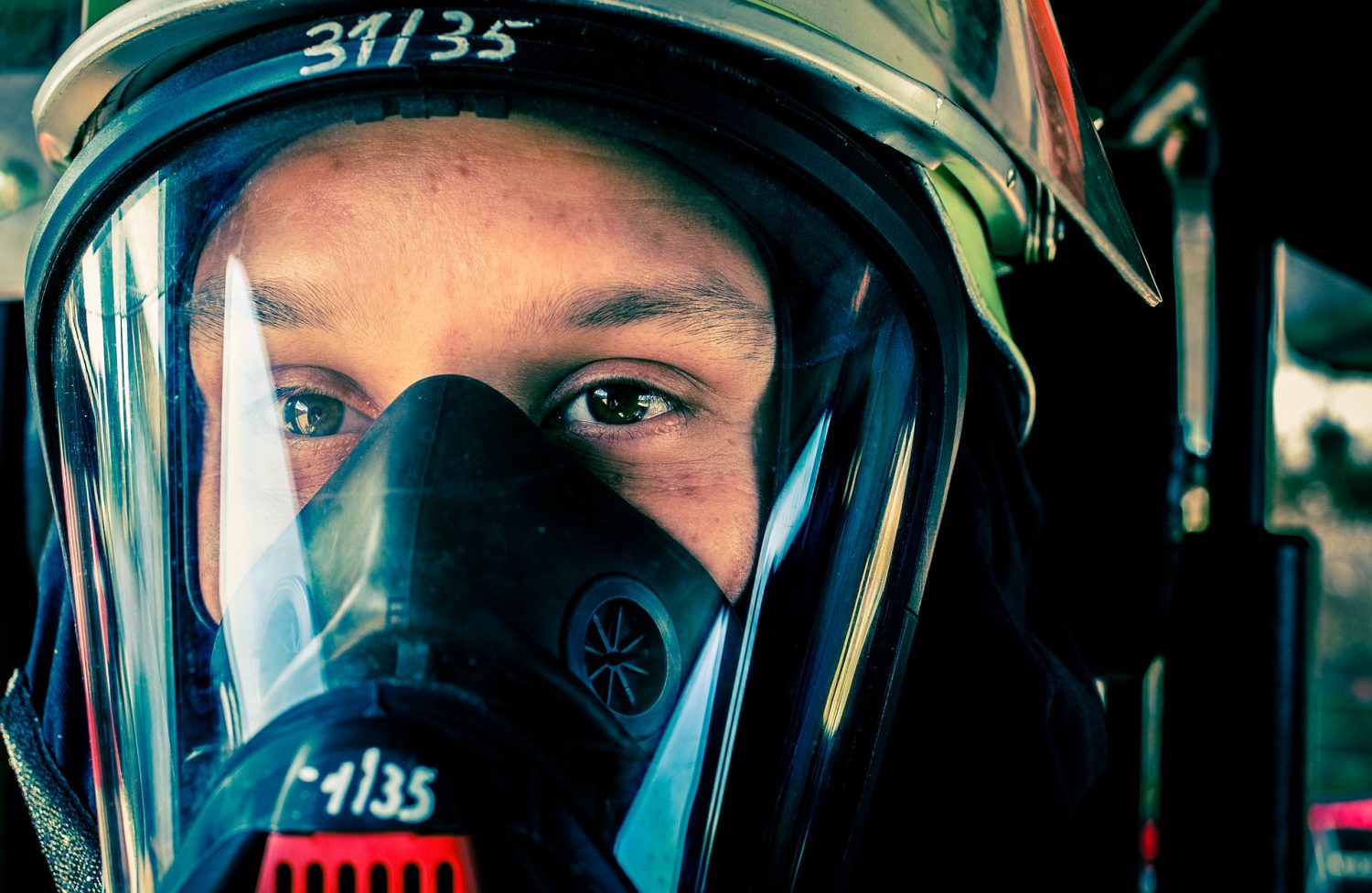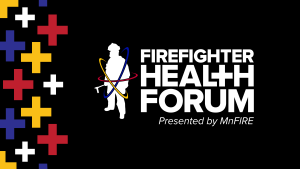While civilians may experience traumatic events only a few times in their life, firefighters experience stressful events on a weekly, sometimes daily basis. As a result, research shows that those in the fire service experience much higher rates of mental health challenges than the general population – particularly in the areas of sleep disorders, depression, substance abuse, post-traumatic stress disorder and suicidal ideation/action.
There’s no magic vaccine for PTSD or the mental health challenges listed above, but building emotional resilience before responding to a stressful call can significantly diminish the potential damage.
The American Psychological Association defines resilience as “the process of adapting well in the face of adversity, trauma, tragedy, threats or significant sources of stress.” It is the ability to “bounce back” after a difficult or traumatic experience.
Actively trying to prevent, or at least mitigate, the negative reactions to traumatic stress before the exposure to events occurs is key to reducing the risks of firefighting both mentally and physically.
Developing this emotional and mental resilience in the fire service starts with:
- Learning self-awareness and understanding stress – identifying the stressors a firefighter faces every day is the first step to addressing and coping with them.
- Communicating emotions – learning how to communicate your feelings is essential in connecting with others and overcoming trauma. Failure to talk about a traumatic memory creates a dangerous feedback loop and sharing feelings with a supportive community can help a first responder feel like they are not alone.
- Identifying coping resources – from counseling services to peer support, MnFIRE’s equipping firefighters with healthy resources to address emotional trauma and build up that resilience. Teaching actionable tips to protect firefighters from emotional trauma is key to reducing the stigma around asking for mental health help.
A proactive mental health program is also key to helping firefighters develop this emotional resilience, saving the lives of brothers and sisters in the fire service while saving fire departments significant time and money in the long run. Some of the fundamental pieces of these behavioral health programs include:
- Regular mental health or behavioral health education
- Employee Assistance Program (EAP)
- Easy access to counseling services – paid for by the department, union or health plan
- Formal mental health “fitness for duty” examinations
- Critical Incident Stress Management (CISM) debriefings
- Family Support Night
- Peer Support Team
Although the act of fighting fires is reactive, we must be proactive about taking care of our own. As valuable as running training drills, teaching emotional resilience is the first step to preventing emotional trauma and keeping our first responders safer and healthier from the start.
Become “MnFIRE Aware” of your occupational health risks, including emotional trauma, by signing up for a MnFire Awareness Training. This training is ideal for departments who have not had previous MnFIRE trainings and is taught by firefighters and other health experts. Thanks to a grant from the Fire Service Advisory Committee (FSAC), this training is being offered both online and in-person at no cost to MN fire departments through June 30, 2021.








